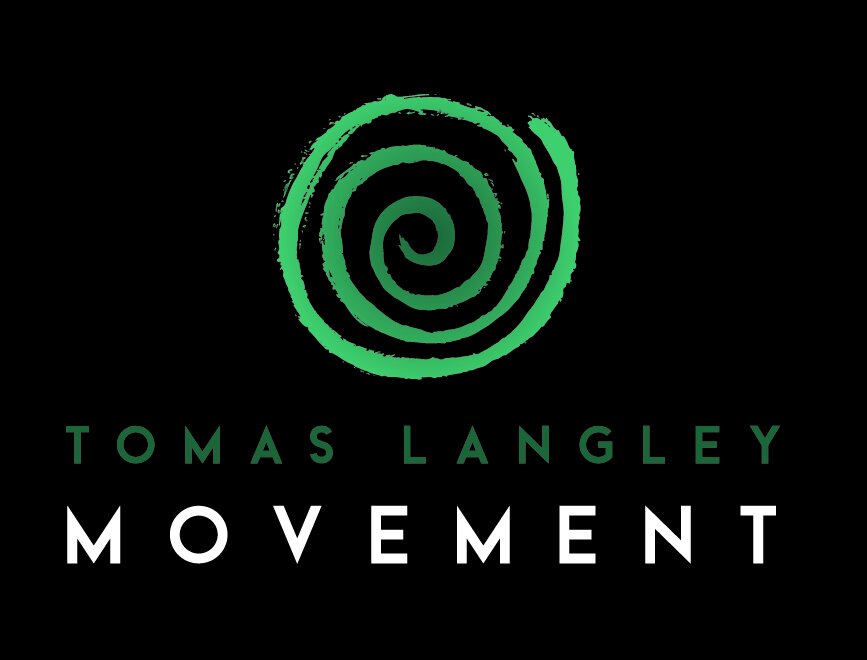My friend Ollie asked me about how to make some changes in his life. He’s feeling overweight, bored, and stuck in a rut. There’s nothing in particular in his days that he doesn’t like, but feels unhappy in his life because it doesn’t feel like he’s getting anywhere. He has some vague goals, but mostly they’re about not being where he is now. Ollie has a lot going for him, but he focusses on the negative side of things more often than not. After discussing this with him for a while, I can see that he can make some small changes in his life that will help him.
This may seem a bit harsh, but I’ll just come right out and say it - Ollie has some bad habits. They range from physical stuff like his diet, to mental habits like his tendency to focus on the negative. He has plenty of good habits too - for example, I know that he flosses his teeth every day. The big problem for Ollie isn’t that he has bad habits - we all do - it’s that he doesn’t see them. The habits that are limiting him are engrained and normalised.
All of us go through life with hundreds of little habits we carry out every day. A lot of the time we aren’t aware of them. The habits might be good or bad, and without you paying any attention to them, they are controlling the outcomes in your life more than you realise.
For example, a few years ago when I decided that I needed to lose some weight, I changed my breakfast from cereal to a salad with an egg. About six months later, I had lost 25 kilograms and felt amazing. From the outside, it appeared as though changing the habit of what I ate for breakfast brought about massive change by itself. It was an important factor for sure, but the main thing I learned from the process was that I had been in the habit of eating an enormous amount of carbohydrates for every meal without even realising I was doing it. Not to mention all the junk food and soft drink I was eating. My diet was terrible when I honestly thought it was pretty good. There was an element of me learning new information about what makes up a ‘good’ diet, but the majority of the problem was because I didn’t even notice that I was constantly eating junk food. I’m not here to talk about diet, but this habit led me to a bad health situation without me even being aware of it.
Recognising your own Habits
I stumbled across the habits that were causing me to be overweight almost by accident. I’m hoping that you and Ollie don’t have to stumble sideways into self awareness about your bad habits.
There are two approaches to figuring out what your bad habits are.
1. Figuring it out via Outcomes and Goals.
Set yourself a goal, and work out what habits you could do each day that might help you reach the goal. As you implement the ‘good habits’, you’ll start to notice some of your bad habits getting in the way. It’s difficult to change more than a couple of habits at once, so at this stage take note of the bad habits and resolve to address them soon.
Because this method is mostly trial and error, it means you may not discover bad habits in areas unrelated to your goals. To get this right, you have to keep an open mind, be very observant, and critically analyse yourself. It’s easier said than done.
2. Observation
If you already have some goals set, but can’t see why you’re not achieving them, it’s worthwhile to spend some time observing yourself closely. To do this effectively, you need to be honest with yourself. Be aware that you won’t be able to remember all the things you do in a day no matter what you think. Therefore it’s important for you to write everything you do down in a journal. Yep, it’s an involved process. For one week you need to keep a detailed journal with everything you in about 15 minutes increments. It is a lot of work, but it’s the only way you’ll be able to see what your habits are. I made an example log sheet to help you out - get it here.
I don’t know how long it will take Ollie to discover his bad habits. Both of these methods require Ollie to be observant and diligent. He is definitely capable of this, but habits are a strong force that keep you going in whatever direction you’re already going. The first step to changing bad habits is noticing them.



